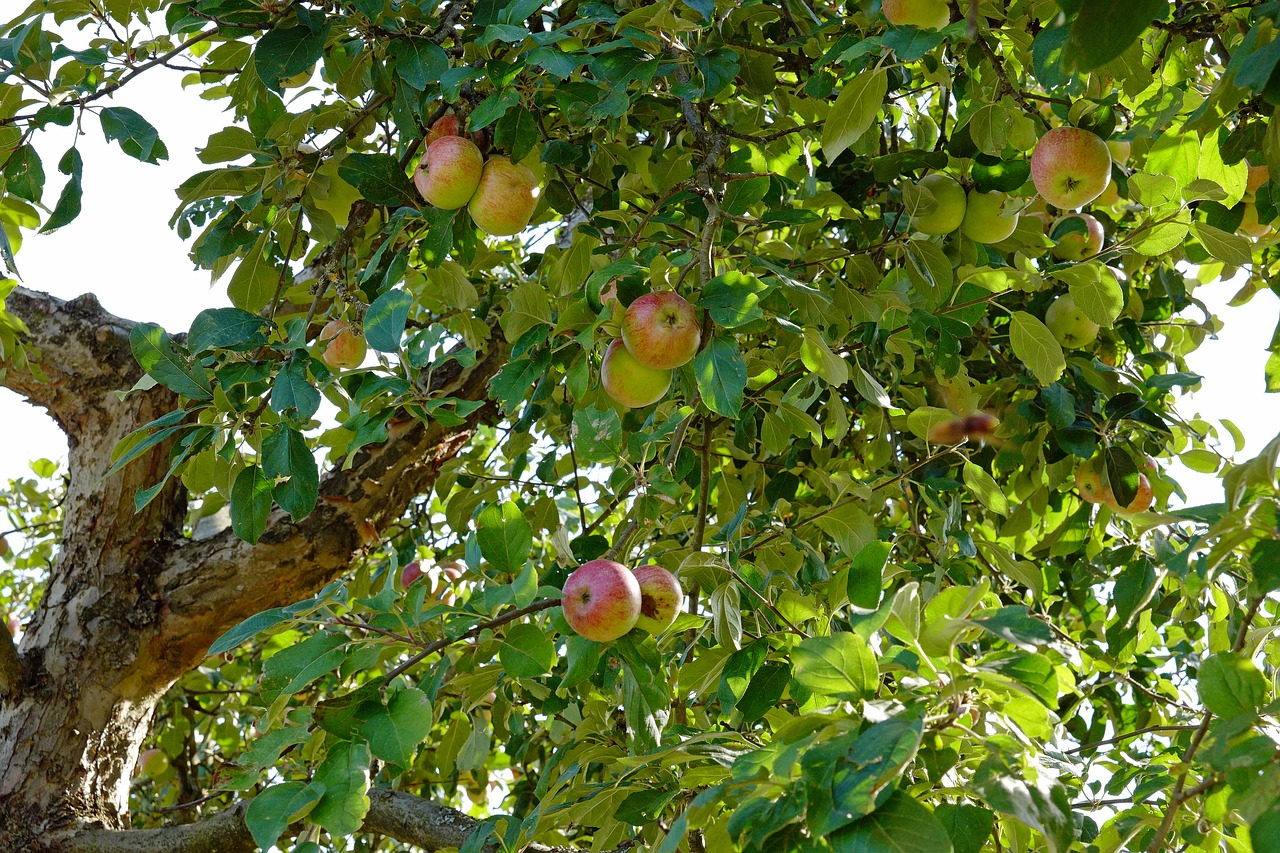Climate change to reduce apple production, even geoengineering methods to have less impact on output: Study
Climate change would reduce apple production in India by affecting the winter chill period necessary for the plants and even methods of geoengineering would have limited effect on its output, according to a study.

- Country:
- United States
Climate change would reduce apple production in India by affecting the winter chill period necessary for the plants and even methods of geoengineering would have a limited effect on its output, according to a study. The research, conducted by the US National Science Foundation (NSF), assessed the impact of climate change on the production of the deciduous fruit in Himachal Pradesh, the second-largest apple-producing state in India, and highlighted that geoengineering methods, such as spraying sulfur dioxide into the atmosphere to combat global warming, can only offer a temporary benefit to the production. “During the study, we found that climate change would reduce apple production by affecting the winter chill period necessary for the plants. But geoengineering would have limited benefits but at the same time could backfire if it ended suddenly," said Alan Robock of Rutgers University, who is part of the research, in a statement issued by NSF.
According to the research, published in the journal Climatic Change, society might decide to spray sulfur dioxide into the stratosphere (upper atmosphere) to combat warming during a climate emergency, but such geoengineering, or climate intervention, would create a massive cloud that would block some solar radiation and cool the Earth. But if the spraying were to suddenly cease, the study said, there would be a major impact on animals and plants, which would be forced to try to move to a suitable habitat to survive.
“The spraying of sulfur dioxide into the atmosphere to combat global warming is used only temporarily and partially to benefit apple production in Himachal Pradesh,” the study noted. Moreover, abruptly ending geoengineering might lead to total crop failure faster than if it were not done at all, it added.
The researchers used a climate model to project temperature changes and shifts in suitable habitat for apple orchards under a moderate greenhouse gas emissions scenario and efforts to limit warming. Robock said since the study was done with one climate change and geoengineering scenario for one crop in one part of the world, other studies are needed.
(This story has not been edited by Devdiscourse staff and is auto-generated from a syndicated feed.)
- READ MORE ON:
- Alan Robock
- Himachal Pradesh
- India
- NSF
- Earth
- Rutgers University










